Introduction
In the competitive meat industry, efficient supply chain management is essential for maintaining profitability and meeting consumer demands. The supply chain encompasses all stages from sourcing livestock to delivering finished meat products to retailers and consumers. Each stage must be carefully managed to prevent disruptions that could lead to increased costs or compromised product quality. Efficient management helps streamline processes, reduce waste, and enhance overall business performance. By focusing on optimizing every aspect of the supply chain, companies can achieve significant cost savings, improve the quality of their products, and boost their competitive edge. This article explores the fundamental aspects of supply chain management in the meat industry, highlighting its impact on cost reduction, product quality, and overall business success.
1. Understanding the Basics of Supply Chain Management in the Meat Industry
Supply chain management in the meat industry involves a series of interconnected activities that ensure meat products move seamlessly from farm to table. This includes procurement of livestock, slaughtering, processing, packaging, transportation, and distribution. Each step in the chain is crucial, as any inefficiency or disruption can affect the entire process. For instance, delays in slaughtering can lead to reduced freshness and quality, while inefficient transportation can increase costs. Effective supply chain management requires integrating these activities into a cohesive system that minimizes waste and maximizes efficiency. By employing strategies such as demand forecasting and inventory optimization, companies can better manage their resources and improve their operational performance. Ultimately, understanding and managing the complexities of the supply chain are key to ensuring that meat products reach consumers in the best possible condition.
2. Key Challenges in Meat Industry Supply Chains
The meat industry faces several unique challenges that can complicate supply chain management. One significant challenge is the perishable nature of meat products, which requires careful handling and timely delivery to ensure freshness and safety. Regulatory requirements also impose strict standards for food safety and traceability, adding complexity to supply chain operations. Fluctuating market demands and supply disruptions, such as disease outbreaks or transportation delays, further complicate the management process. Additionally, ensuring transparency and maintaining compliance with environmental and ethical standards are crucial but challenging. Addressing these challenges involves implementing robust risk management strategies, enhancing communication across the supply chain, and adopting flexible practices to adapt to changing conditions. By proactively managing these issues, businesses can mitigate risks and maintain a resilient and efficient supply chain.
3. How Efficient Supply Chain Management Reduces Operational Costs
Efficient supply chain management is key to reducing operational costs in the meat industry. By optimizing procurement processes, businesses can secure raw materials at lower costs through strategic sourcing and bulk purchasing. Streamlined logistics and transportation can reduce fuel and labor costs, while effective inventory management minimizes waste and prevents overstocking. For example, just-in-time inventory systems help ensure that meat products are processed and distributed as needed, reducing storage costs and spoilage. Implementing automated systems for order processing and tracking can also enhance operational efficiency and reduce errors. These cost-saving measures not only improve the bottom line but also allow companies to offer competitive pricing and enhance their market position. Efficient supply chain practices enable businesses to manage their resources more effectively, leading to significant long-term financial benefits.
4. The Role of Technology in Streamlining Meat Supply Chains
Technology plays a pivotal role in modernizing and streamlining supply chain management in the meat industry. Advanced software solutions, such as inventory management systems and demand forecasting tools, provide valuable insights that help businesses make informed decisions and respond swiftly to market changes. Technologies like blockchain enhance traceability by allowing businesses to track the movement of products through the supply chain in real-time, ensuring transparency and compliance with food safety regulations. IoT (Internet of Things) devices monitor environmental conditions during transportation and storage, maintaining optimal conditions for meat products. Additionally, automation in processing and logistics improves efficiency and reduces manual errors. By integrating these technologies, companies can optimize their supply chain operations, enhance product quality, and stay competitive in a rapidly evolving market. Embracing technological advancements is essential for achieving greater efficiency and maintaining high standards.
5. Improving Product Quality Through Effective Supply Chain Practices
Effective supply chain management directly impacts product quality in the meat industry. Ensuring that meat products are handled with care at every stage—from slaughtering and processing to packaging and distribution—is crucial for maintaining freshness and safety. Implementing rigorous quality control measures and adhering to food safety standards help prevent contamination and spoilage. Efficient supply chain practices, such as timely transportation and proper storage, also contribute to the overall quality of the final product. By minimizing the time meat products spend in transit and ensuring optimal conditions throughout the supply chain, businesses can deliver fresher, higher-quality products to their customers. Additionally, maintaining robust supply chain practices enhances consumer trust and loyalty, as high-quality products build a strong reputation in the market. Prioritizing product quality through effective supply chain management is key to long-term success in the meat industry.
Conclusion
Efficient supply chain management is crucial for the success of meat industry businesses, offering numerous benefits that extend beyond cost reduction and operational efficiency. By understanding the fundamentals, addressing key challenges, and leveraging technology, companies can enhance their supply chain practices to achieve better product quality and overall business performance. In an industry where product freshness, safety, and timely delivery are critical, effective management of the supply chain can provide a significant competitive advantage. As the meat industry continues to evolve, businesses that prioritize and continually improve their supply chain strategies will be better positioned to meet consumer demands, manage costs, and sustain growth. Embracing best practices in supply chain management is essential for thriving in this dynamic and demanding industry.

